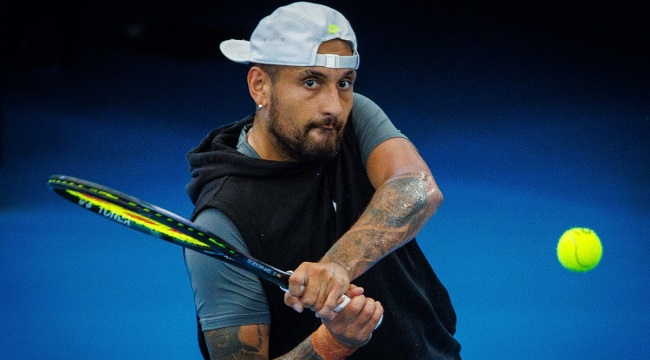Kyrgios Criticizes ITIA Decision
Australian tennis player Nick Kyrgios has publicly criticized what he perceives as a lenient response by the International Tennis Integrity Agency (ITIA) to Italian tennis star Jannik Sinner’s failed drug tests. Sinner tested positive for the banned substance clostebol twice in March but was not suspended, as the ITIA accepted his claim of contamination from his physiotherapist.
WADA Appeals to CAS
Despite the ITIA’s ruling, the World Anti-Doping Agency (WADA) has appealed this decision to the Court of Arbitration for Sport, with the case still awaiting a verdict. Kyrgios, who is making a comeback following an 18-month hiatus due to injuries, expressed his dissatisfaction during a press conference at the Brisbane International.
Tennis Integrity in Question
Kyrgios labeled the integrity of tennis as “awful,” highlighting his frustration with the sport’s handling of doping issues. He emphasized his love for the sport and competition but drew a sharp contrast with what he sees as cheating by using performance-enhancing drugs.
Sinner’s Case Details
When pressed on whether he was directly accusing Sinner of cheating, Kyrgios pointed to the facts of the case, noting that Sinner failed two separate doping tests over different time frames. He questioned the logic behind accepting the contamination argument, especially since Sinner was still penalized by losing his prize money and ranking points.
Broader Impact on Tennis
Kyrgios also brought up the case of former women’s world number one Iga Swiatek, who received a one-month suspension for a doping violation in 2024. He argued that these incidents with two top players significantly damage the sport’s reputation.
Health and Recovery Concerns
Speaking on his own health, Kyrgios mentioned his wrist reconstruction, expressing hope but also uncertainty about how his injury would hold up during competitive play. His comeback match is set against the young French player Giovanni Mpetshi Perricard at the Brisbane International.
Kyrgios’s comments have reignited discussions about the transparency and fairness in handling doping cases within professional tennis.










